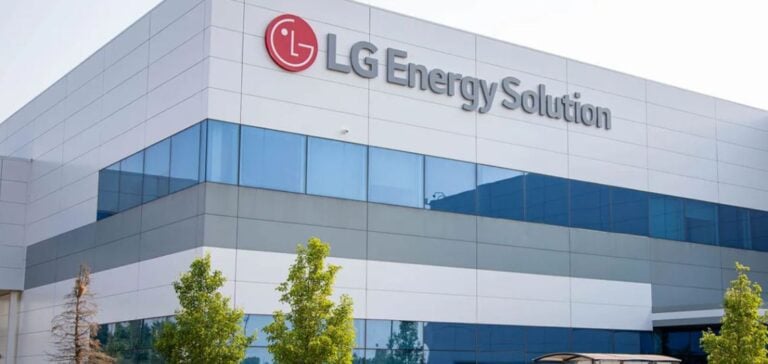LG Energy Solution, a leading battery manufacturer, and General Motors (GM), a prominent automaker, have signed a definitive agreement to develop prismatic batteries. This initiative is part of their long-standing partnership, which also includes the successful Ultium Cells joint venture.
Prismatic battery cells, characterized by their flat and rectangular design, optimize space usage within battery modules and packs. This format complements LG Energy Solution’s existing products, including pouch and cylindrical cells, catering to the increasing demand for compact and efficient batteries in the electric vehicle (EV) sector.
A competitive advantage
With this collaboration, LG Energy Solution becomes the first global battery manufacturer to offer all three major cell formats, further solidifying its leadership in the market. The partnership also allows GM to diversify its technological portfolio to better meet the specific needs of its future EV models.
The two companies aim to integrate innovations in battery chemistry and manufacturing processes. The prismatic technology leverages advanced production practices, such as transitioning from winding to stacking techniques, ensuring enhanced energy density and improved performance.
Significant industrial impact
This extended partnership also strengthens the strategic role of their Ultium Cells joint venture, which operates factories in Ohio and Tennessee. These facilities produce batteries for GM’s current EV models and support the creation of thousands of jobs in advanced technology.
The new agreement represents a key milestone in both companies’ efforts to enhance energy efficiency and reduce costs. By optimizing production processes and investing in value-added technologies, GM and LG Energy Solution aim to increase their competitiveness in the battery industry.
Market perspectives for batteries
With the introduction of prismatic cells, GM and LG Energy Solution anticipate significant growth in demand for high-performance, modular batteries. This project directly addresses the evolving needs of automakers striving to adapt their supply chains while maintaining operational cost control.
This collaboration represents a strategic advancement, allowing LG Energy Solution and GM to capture a larger market share in a highly competitive industry.





















